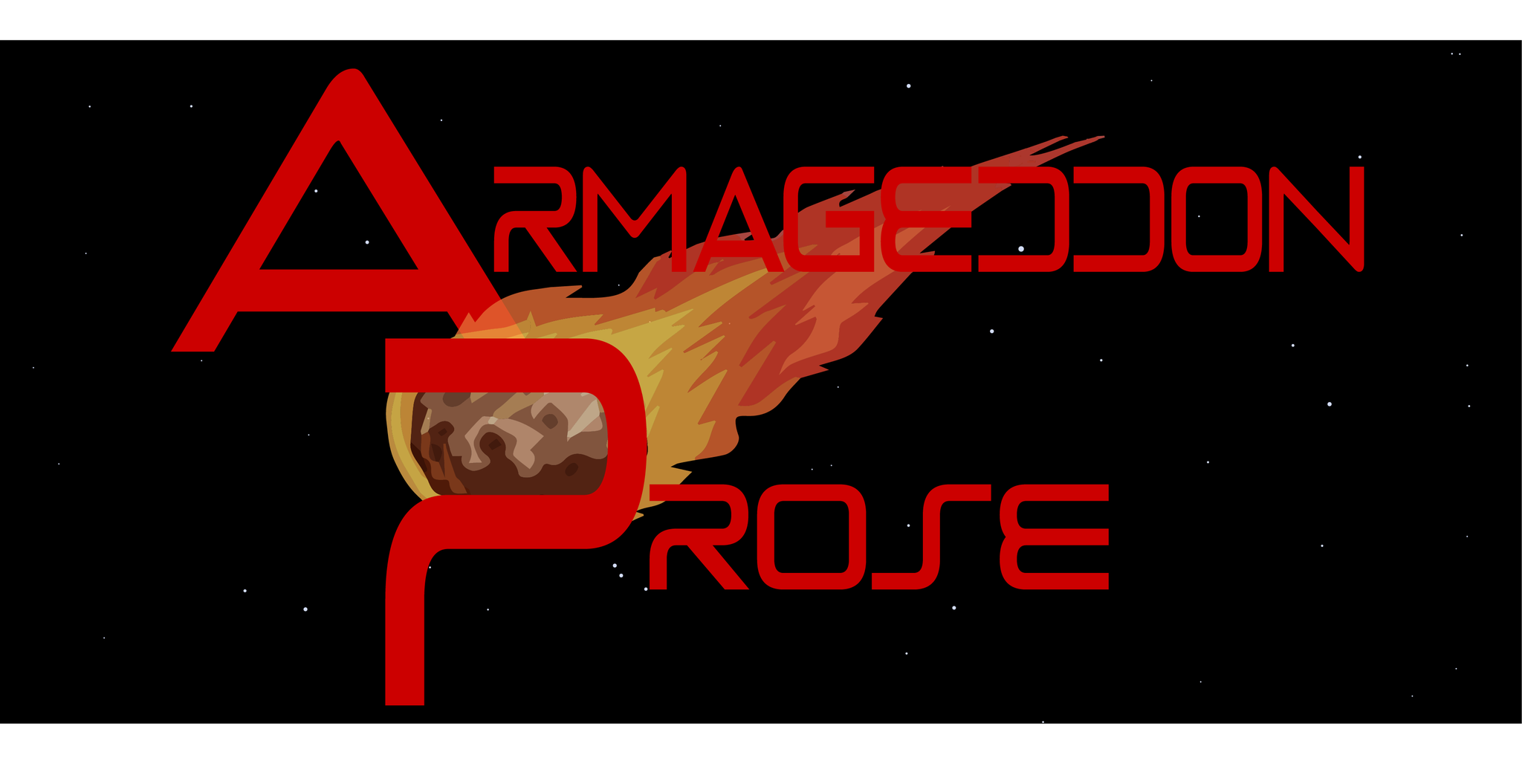Originally published via Armageddon Prose Substack:
No malarky, Jack.
Racial Justice™ ideology has regressed precipitously since the heady days of MLK Jr.’s “I Have a Dream” vision of a society that judges people based on merit rather than whatever fashionable or unfashionable identity group they belong to.
“I have a dream that my four little children will one day live in a nation where they will not be judged by the color of their skin but by their character.”
-MLK Jr., 1963
How is a DEI race grifter to manufacture a career for him/her/zherself if everyone is judged according to what they do and not who (or what) they fuck or their self-diagnosis as autistic or whatever?
How are the militant lesbians who populate the Gender and Women’s Studies department at your local publicly-funded state university to justify next year’s budget request if group identity is truly subordinate to individual merit?
And how is the corporate state to divide and conquer a population not self-imploding along identity fault lines in order to distract from the crimes of the ruling class?
Related: Why ‘Diversity Is Our Greatest Strength’ is a Corporate Lie
No, no, the colorblind society that MLK espoused won’t do at all.
In that vein, academics are now made to include “positionality statements” as disclaimers to their published work — ostensibly, as a way of legitimizing or delegitimizing the findings therein based on their (mostly immutable) irrelevant personal characteristics.
“As an academically trained researcher (anthropologist no less; anthropology as a discipline has a lot to answer for in terms of colonisation), one of the (many) ways I can contribute is to reflect on my identity, including my beliefs, attitudes and behaviours, and also my work and practice. In doing so, I acknowledge that my work is shaped by what I know and what I know is shaped by who I am and what I’ve experienced. In academia and research, this is called ‘positionality’ and writing a ‘positionality statement’ is just one simple way to integrate a decolonising approach* to one’s work.”
Via University of Michigan Center for Disability Health and Wellness
“Scholars are encouraged to draft a positionality statement that helps clarify how the scholars are positioned regarding the research and the researched. Scholars may choose to include only whatever is most relevant to the specifics of the research topic.
If, for instance, scholars are drawing conclusions about Asian Americans, yet the author list consists exclusively of White Americans, that could be made clear. Or, if gender is being examined, and research participants are members of the LGBTQIA+ community yet the research team consists only of individuals who identify as heterosexual and cisgender, a positionality statement can discuss that..”
“As an academically trained researcher (anthropologist no less; anthropology as a discipline has a lot to answer for in terms of colonisation), one of the (many) ways I can contribute is to reflect on my identity, including my beliefs, attitudes and behaviours, and also my work and practice. In doing so, I acknowledge that my work is shaped by what I know and what I know is shaped by who I am and what I’ve experienced. In academia and research, this is called ‘positionality’ and writing a ‘positionality statement’ is just one simple way to integrate a decolonising approach* to one’s work.”
This is the legacy of postmodernism, in which there is no such thing as objective reality — only subjective interpretations of it. In fact, life is defined by a struggle to competitively impose one’s individual or a group’s collective will on the consensus understanding of reality. There is no truth or reconciliation; only ideological war, forever and always.
Related: The Rhetorical ‘Double-Bind’: How LGBTQ+++© Activists Rig the Narrative
Laid on top of that framework, we have the multi-dimensional matrix of identity-based grievance politics, in which one’s ideas are merely the consequence of one’s position at the “intersection,” as they say, of various identities, dichotomized between “victim” and “oppressor” (Persons of Color™ being the victim class and whites being the oppressor class, for example).
And there you have Social Justice™. It’s unnuanced, and divisive, and ugly, but it serves the perceived self-interest of those who espouse it.
Related: ‘Indigenous’ Lady Shaman Brazenly Disregards Social Distancing at Davos
Ben Bartee, author of Broken English Teacher: Notes From Exile, is an independent Bangkok-based American journalist with opposable thumbs.
Follow his stuff Substack. Also, keep tabs via Twitter.
For hip Armageddon Prose t-shirts, hats, etc., peruse the merch store.
Support always welcome via insta-tip jar.










